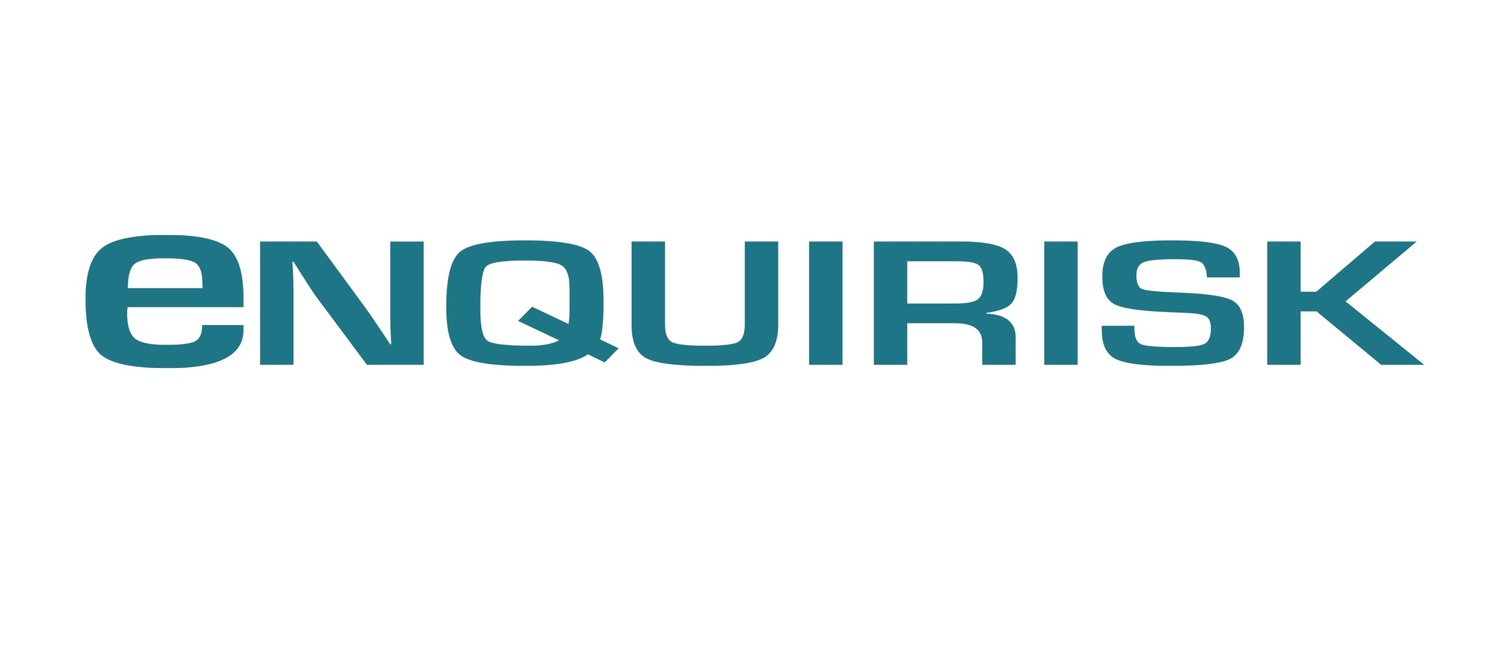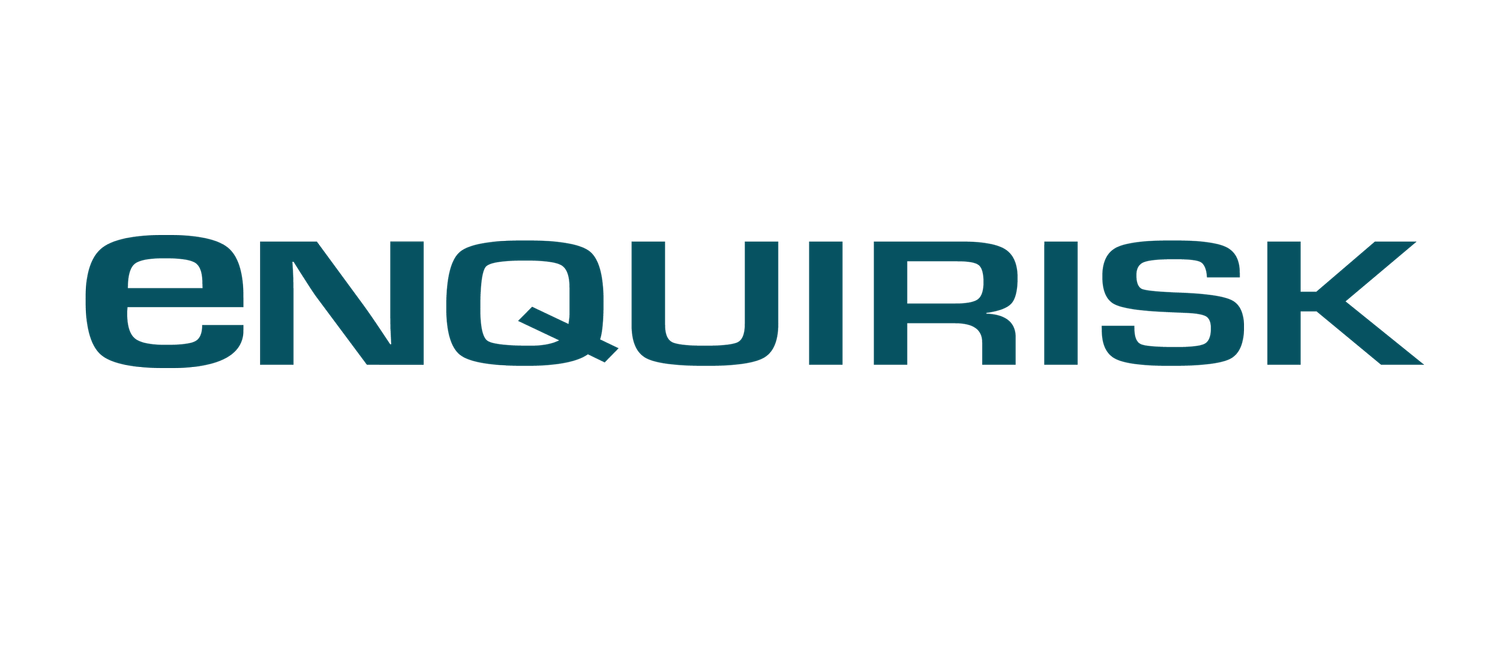Uzbekistan: Gradual Economic Opening Amid Continuing Challenges
Uzbekistan’s President Shavkat Mirziyoyev will be re-elected in an un-competitive popular vote on July 9. Since coming to power in 2016, his economic reforms have tangibly improved conditions for foreign investors. However, the business environment still suffers from clientelism, formal and informal political interference, a weak rule of law and the repression of civil society.
The ongoing economic reforms, initiated in 2017, mark a significant change from the previous isolationist and heavily-planned economic model. Foreign investors are gradually capitalizing on new opportunities afforded by foreign exchange convertibility, the deregulation of the financial sector and the president’s personal commitment to attracting FDIs.
The nature of the political regime has changed only marginally and remains decidedly authoritarian. There is no genuine political opposition or competition. Freedom of speech and of the press, while expanded, is severely limited. The judiciary is subordinated to executive power. This will continue to provide fertile ground for business cronyism, corruption and biased law enforcement.
Key contracts and assets are often informally reserved for well-connected businesses, within a neo-patrimonial system of business-political relations. State Owned Enterprises (SOEs) remain dominant in key sectors. The US has also flagged Uzbekistan among a number of transshipment routes used for the evasion of anti-Russia sanctions. Several local companies have been sanctioned by the US and the EU for that reason.
Background
Thanks to recent constitutional changes, President Mirziyoyev (65) could remain in power for two more, seven-year terms after this month’s elections. The new constitution also reduces the role of the national parliament and further centralizes political power in the hands of the president. Since graduating from Prime Minister to President in 2016, following the sudden death of his predecessor, Mirziyoyev has successfully neutralized his potential rivals, including through anti-corruption investigations, and has appointed loyal figures to all key administrative and economic policy positions.
He has quickly embarked on a course of economic reform aimed at opening up and liberalizing the country’s isolationist and heavily-regulated economic model. This has already led to the liberalization of currency exchange, dramatically improving conditions for the repatriation of profits by foreign investors. The government has also introduced visa-free travel for investors from over 45 countries, established seven special economic zones with important tax breaks, improved legal protections for investors and created a presidential advisory body focused on investment. In 2019, the president initiated the liberalization of the energy sector, reducing state subsidies and introducing greater competition and private-sector participation. In January 2020, a new mechanism for investor-state dispute settlements was implemented.
The government now has ambitious targets for attracting foreign investors and partially privatizing many state-owned enterprises (SOEs). All of this is placing Uzbekistan on the map of a wider range of foreign investors, eager to explore new opportunities in the most populous country in Central Asia, which counts an estimated population of 35 million and a land area a little larger than California. The country is endowed with considerable natural resources, such as gas, gold, copper and uranium. It has a large agricultural sector in need of modernization.
Russia’s full-scale invasion of Ukraine in February 2022 has placed Uzbekistan in a difficult diplomatic position, given the two countries’ strong bilateral ties. Uzbekistan abstained at the UN General Assembly vote condemning the invasion and voted against Russia’s exclusion from the UN Human Rights Council in April 2022. Russian TV propaganda is still granted access to Uzbekistan’s information space. At the same time, President Mirziyoyev is committed to strengthening cooperation with the other Central Asian countries and has been improving relations with Western powers, who are keen to try and foster Uzbekistan’s greater autonomy from Russia.
Business opportunities…
So far, institutional investors have taken the lead in betting on the improved business environment. The European Bank for Reconstruction and Development (EBRD) has invested over $3bn in Uzbekistan in the last six years. China is currently the largest investor in the country, thanks to its ‘Belt and Road Initiative’. The country invested over $1bn in Uzbekistan in 2019. Russia remains a key investor too, despite a reduced role due to western sanctions.
The country’s “Development Strategy of the New Uzbekistan for 2022-2026” expects FDIs to reach $70bn by 2026, which is extremely ambitious. According to IMF data, the country attracted $2.3bn in 2019 and even lower figures during the pandemic. Before Mirziyoyev became president, FDI per capita in Uzbekistan was consistently the lowest of all Central Asian countries. State Owned Enterprises (SOEs) still dominate the most lucrative sectors of the economy, although a full account of their role is difficult due to the lack of transparent data on their operations. The general pattern has been for leading SOEs to enjoy tax benefits, state subsidies, protectionist tariffs, cheap access to foreign currency, etc.
Traditionally, the largest SOEs have also exercised supervisory and regulatory roles in entire industries. Their weight in the economy of different regions varies widely, being particularly high in Navoi and Karakalpakstan (Northwest Uzbekistan). Dozens of SOEs in key sectors – mining, oil and gas, metallurgy, telecoms, aviation, agriculture, textiles, etc. - have been consistently excluded from past attempts at privatization. Where the state will privatize stakes in important SOEs, the risk is that this will occur in opaque and uncompetitive ways, to benefit well-connected players.
While Uzbekistan is not yet a member of the WTO, it has been pursuing that goal with renewed energy under Mirziyoyev. In 2021, the country achieved “GSP+ status” with the EU, which grants special benefits to Uzbekistan’s exports into the Union, but also commits the country to a range of human and labor rights conventions, as well as to improving its environmental and governance standards. However, Uzbekistan’s main trading partners are Russia and China. Uzbekistan is part of a Free Trade Agreement with Russia and the vast majority of Uzbekistan foreign trade transits through Kazakhstan, Kyrgyzstan and Russia.
…And risks
Corruption risks are generally high, even though perceptions of corruptions have improved somewhat in the last few years. Ties to high-ranking political officials and membership in their patron-client networks can still provide significant, undue advantages to well-connected economic players, rigging business competition against everybody else. Law enforcement and the courts can be utilized to neutralize competitors to well-connected business empires.
Foreign-based investigative journalist sources, such as OCCRP, RFE/RL and Kloop, have alleged corruption at the highest levels of today’s political system. Other reports have highlighted suspicions of nepotism, whereby the close relatives of top-ranking political officials are given prominent government or administrative roles. Nepotism was endemic under the previous president.
Moreover, Uzbekistan is currently posing sanction compliance risks: the US Department of Commerce’s Bureau of Industry and Security (BIS), the Department of the Treasury’s Office of Foreign Asset Control (OFAC), and the Department of Justice have issued guidance on the anti-Russia sanction regime, warning about the role that actors in Uzbekistan, among other “transshipment routes”, can play in facilitating the evasion of those sanctions and export controls. In that light, in certain cases, businesses would do well to conduct enhanced due diligence on their Uzbek partners, customers, distributors, etc.
The limits of reforms
While Mirziyoyev has successfully introduced important economic reforms, the nature of the political system has changed only marginally and remains squarely authoritarian. The judiciary is subordinated to executive power. There is no genuine political opposition and, while freedom of the press has expanded, the regime clamps down on sensitive investigative journalism. Freedom of expression on social media is also under tight restrictions. Formal political power, as well as informal influence resting on patronage, is heavily centralized in the President’s hands.
Low levels of human capital and a lack of well-paid, private-sector employment opportunities mean that civil society remains too weak to spur genuine democratization, demand political accountability and act as an effective check on corruption. About a quarter of the work force is employed in agriculture, a higher proportion than anywhere in Central Asia, while the size of the service sector is comparatively very small. The economy is also reliant on remittances form migrant workers in Russia, which are likely to decrease over time as the Russian economy progressively feels the effect of western sanctions.
If the country does achieve WTO entry, this would likely cause disruption to employment in several sectors, such as agriculture, chemicals, automotive and textiles, which will progressively face growing international competition. Uzbekistan is also characterized by a very sizeable shadow economy.
Enquirisk has extensive experience in gathering business-strategic intelligence and conducting due diligence investigations in the region. We help clients operate in complex jurisdictions with their eyes open to risks and opportunities.
Disclaimer: Nothing in this note constitutes legal or investment advice.

